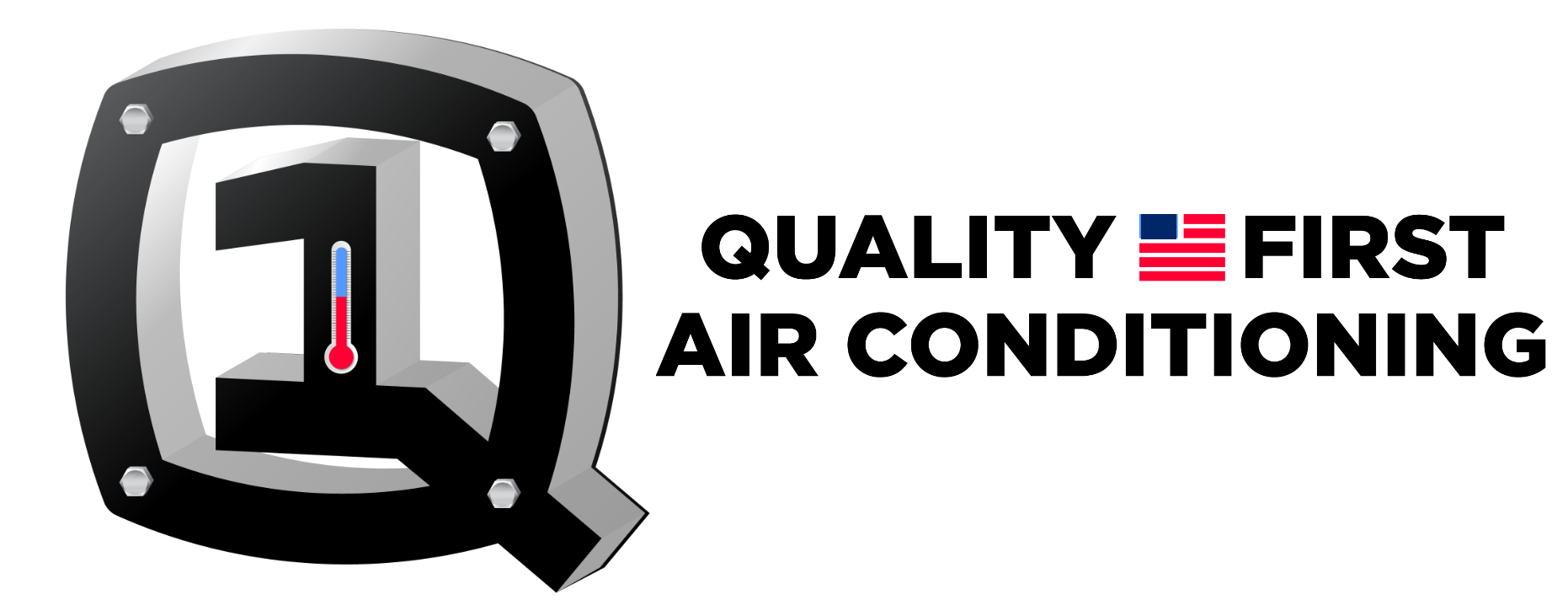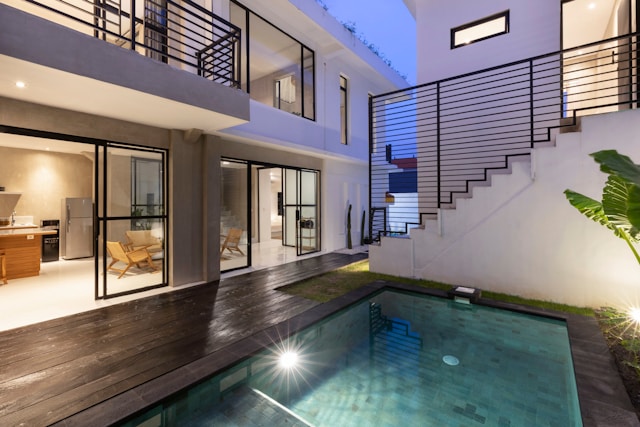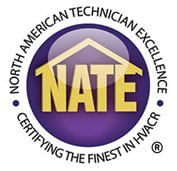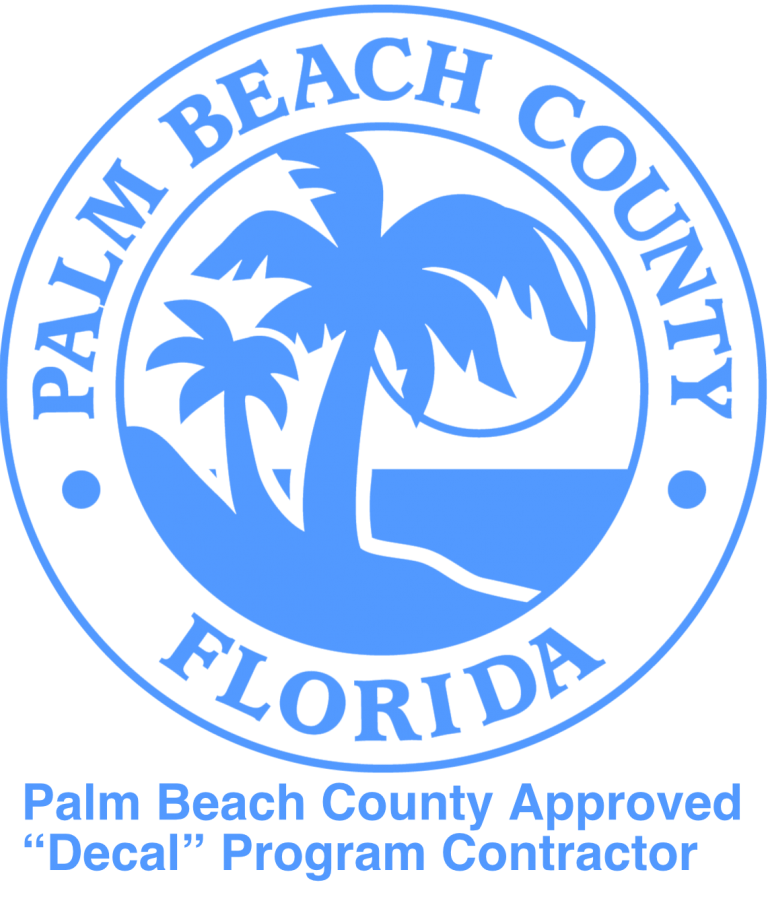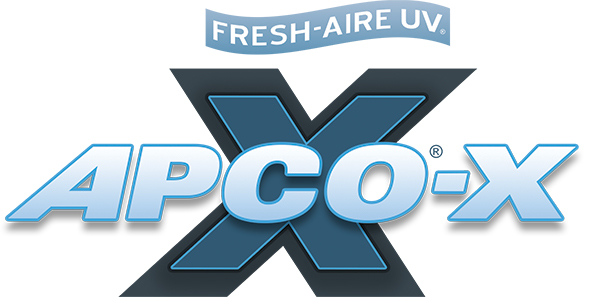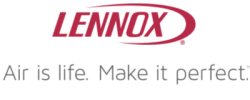Did you know that the air inside your home can be up to 5 times more polluted than outdoor air? With this startling statistic in mind, it’s crucial to consider the impact of the air we breathe daily. Custom air filters offer a solution to this problem, providing tailored filtration that can significantly improve indoor air quality and overall health.
Investing in custom air filters may seem like an added expense, but the long-term benefits far outweigh the initial cost. From reducing allergens and pollutants to extending the lifespan of your HVAC system, custom filters offer a range of advantages that make them worth considering for any home or business. Improve your indoor air quality today with custom air filters.
Key Takeaways

-
Consider Your Needs: Evaluate your specific air filtration requirements before deciding on custom filters.
-
Balance Cost and Performance: Custom filters may offer enhanced performance, but weigh this against the additional cost.
-
Regular Maintenance: Ensure proper upkeep of custom filters to maximize their efficiency and longevity.
-
Consult Experts: Seek advice from professionals to determine if custom filters are suitable for your situation.
-
Performance Testing: Conduct performance tests to validate the effectiveness of custom filters in improving air quality.
-
Long-Term Investment: If air quality is a top priority and standard filters fall short, investing in custom filters could be beneficial.
Understanding Air Filters
Standard vs Custom Filters
Standard filters are widely used in various applications for general air filtration needs. They are mass-produced and commonly found in homes and vehicles. These filters offer basic filtration capabilities suitable for most environments.
Custom filters, on the other hand, are specifically designed to meet individual requirements. They are tailored to specific dimensions, materials, and filtration efficiencies based on the user’s preferences. Custom filters provide a more precise fit and enhanced filtration performance compared to standard filters.
The potential performance differences between standard and custom filters lie in their efficiency and adaptability. While standard filters offer generic filtration, custom filters excel in targeting specific pollutants or allergens, making them ideal for individuals with unique air quality needs.
Importance of MERV Ratings
MERV ratings indicate the filtration efficiency of air filters, ranging from 1 (lowest) to 20 (highest). Higher MERV ratings signify better filtration of smaller particles such as dust, pollen, and mold spores. Selecting filters with appropriate MERV ratings is crucial for maintaining clean indoor air.
Choosing filters with the right MERV rating for specific environments is essential for improving air quality and reducing health risks associated with airborne contaminants. Filters with higher MERV ratings capture more pollutants, enhancing overall indoor air cleanliness and promoting better respiratory health.
MERV ratings play a significant role in determining the effectiveness of air filters in removing particulate matter from indoor air. By understanding and considering MERV ratings when selecting filters, individuals can ensure they are investing in products that effectively contribute to healthier indoor environments.
Role in Indoor Air Quality
Air filters play a vital role in maintaining clean indoor air by trapping dust, pollen, pet dander, and other airborne particles. Different filter types target specific pollutants, contributing to improved indoor air quality and creating a healthier living environment.
The type of filter used directly impacts the reduction of allergens and pollutants indoors. For instance, HEPA filters are highly efficient at capturing tiny particles, making them ideal for individuals with allergies or asthma. Regularly replacing filters is crucial to ensure optimal performance and maintain high indoor air quality levels.
Regular filter replacement is essential for preventing the buildup of contaminants in indoor spaces. By replacing filters according to manufacturer recommendations, individuals can ensure that their air filtration systems operate efficiently, promoting cleaner indoor air quality.
Pros and Cons of Custom Filters
Benefits of Custom Filters
Custom air filters offer improved filtration capabilities, ensuring cleaner air intake for the engine. This results in better performance and longevity for the vehicle.
Options with enhanced airflow can significantly boost engine performance, leading to improved horsepower and fuel efficiency. High-flow custom filters are designed to optimize air intake for maximum combustion efficiency.
Custom filters provide a range of customization options to cater to specific air quality needs. From different filtration materials to sizes, users can tailor their filters to suit their requirements precisely.
Drawbacks to Consider
One drawback of custom filters is the potential cost, as they can be more expensive upfront compared to standard filters. However, the long-term benefits may outweigh the initial investment.
Another consideration is the availability of custom filters, which may vary depending on the vehicle make and model. Users might face challenges in finding compatible options for their specific vehicles.
Certain custom filters may require increased maintenance, such as more frequent cleaning or replacement intervals. This added upkeep can be a downside for some users looking for a low-maintenance solution.
Comparing to Standard Options
When comparing performance metrics, custom filters often outperform standard options in terms of filtration efficiency and airflow optimization. This leads to better engine protection and overall performance.
While custom filters may have a higher initial cost, they are often more cost-effective in the long run due to their durability and extended lifespan. Users can save money on replacements and repairs over time.
User satisfaction surveys indicate that customers are generally more satisfied with the performance of custom filters compared to standard ones. The ability to customize and fine-tune filtration systems, based on individual needs, contributes to higher user ratings.
Cost Factors
Price Differences Explained
Custom air filters often come with a higher cost due to the specific design required for each HVAC system. The customization process involves precise measurements and unique materials, contributing to the increased price point. While the initial investment may seem steep, the long-term value of custom filters lies in their efficiency and durability.
When choosing custom filters, consider the potential savings they offer in terms of reduced energy consumption. Efficient filters can improve airflow, leading to lower energy usage by your HVAC system. Over time, these savings can offset the initial higher cost of custom filters, making them a cost-effective choice.
Material Quality Impact
The performance and durability of custom air filters are heavily influenced by the materials used in their construction. High-quality materials such as HEPA filters or activated carbon can significantly enhance filtration capabilities and ensure long-lasting effectiveness. While these materials may come at a higher price, they provide superior air quality, allergen reduction, and filter.
Different materials offer varying levels of filtration efficiency and airflow resistance. When selecting custom filters, consider the trade-offs between filtration capabilities and airflow restriction based on your specific needs. Opting for high-quality materials ensures that your custom filter effectively captures pollutants while maintaining optimal airflow throughout your HVAC system.
Long-term Savings Potential
Investing in custom air filters can result in substantial long-term savings, particularly through reduced energy costs. By improving air circulation and reducing strain on your HVAC system, custom filters can lead to lower monthly energy bills. Enhanced air quality can contribute to fewer health issues, potentially reducing medical expenses over time.
The lifespan of custom filters surpasses that of standard options, offering extended use before replacement is necessary. This extended lifespan translates to cost savings in the long run, as you won’t need to purchase new filters as frequently. Custom filters provide a reliable and efficient solution for maintaining clean indoor air quality while saving money over time.
Performance Insights
Filtration Efficiency Comparison
Custom air filters often outperform standard filters due to higher MERV ratings and specialized designs. These filters offer enhanced filtration capabilities, capturing smaller particles and improving indoor air quality. Selecting the right filter based on MERV ratings is crucial for optimal performance.
-
Custom filters with MERV ratings of 13-16 provide superior filtration compared to standard filters with lower ratings.
-
Advanced technologies like electrostatic charge and activated carbon layers further boost filtration efficiency.
-
Choosing a custom filter tailored to specific air quality needs ensures effective removal of allergens, pollutants, and contaminants.
Effect on Airflow
Custom filters can impact airflow in HVAC systems by either improving or restricting it. Balancing filtration efficiency with airflow is essential for maintaining system performance. Changes in airflow can affect energy consumption and overall system efficiency.
-
High-efficiency custom filters may restrict airflow slightly but significantly improve indoor air quality.
-
Properly sized and installed custom filters maintain a balance between filtration and airflow for optimal HVAC performance.
-
Airflow changes resulting from custom filters can influence the longevity of HVAC components and overall system efficiency.
Maintenance and Durability
Maintaining custom air filters involves regular inspection and replacement to ensure continued effectiveness. Custom filters typically require less frequent replacement than standard filters, offering long-term cost savings. Factors such as environmental conditions and usage patterns impact the durability of custom filters.
-
Custom filters generally have a longer lifespan compared to standard filters, reducing maintenance frequency.
-
Regular inspections help identify clogged or damaged filters, preventing airflow restrictions and maintaining performance.
-
Proper care and timely replacement of custom filters are essential for maximizing their durability and ensuring efficient air filtration.
When Custom Filters Are Worth It
Specific Scenarios to Consider
Custom air filters prove beneficial in specific situations, especially for individuals with allergies or respiratory issues. The enhanced filtration capabilities of custom filters can significantly improve indoor air quality for those sensitive to allergens.
In contrast, standard filters may suffice for individuals without specific health concerns or in environments with minimal air contaminants. Standard filters can effectively capture larger particles like dust and debris, providing adequate filtration for general air quality maintenance.
When deciding between custom and standard filters, environmental factors play a crucial role. Areas with high pollution levels or increased airborne particles may require the superior filtration performance of custom filters to maintain clean and healthy indoor air.
Personal Air Quality Needs
Assessing individual air quality needs is essential before selecting an air filter. Factors such as lifestyle habits, existing health conditions, and the presence of pets can influence the type of filter that best suits personal requirements.
For individuals spending significant time indoors or those with respiratory conditions like asthma, choosing a custom filter tailored to specific air quality needs can make a substantial difference in overall well-being. Consulting with air quality professionals can provide personalized recommendations based on individual circumstances.
Considering personal health and lifestyle factors when selecting an air filter is crucial for ensuring optimal indoor air quality. Custom filters offer targeted solutions for addressing specific air quality concerns, while standard filters may be suitable for maintaining acceptable air quality levels in less demanding environments.
High MERV Rating Situations
Environments that benefit from high MERV rated filters include hospitals, laboratories, and households with pets. These settings require advanced filtration to remove microscopic particles and allergens effectively.
While high MERV rated filters offer superior filtration efficiency, they may lead to airflow restrictions if not compatible with the HVAC system. Balancing filtration performance with airflow considerations is vital to prevent strain on the system and ensure efficient operation.
High MERV rated filters are ideal for environments where air quality is a top priority, but it’s essential to evaluate system compatibility and potential airflow limitations before installing these filters.
Closing Thoughts
Considering the benefits and drawbacks of custom air filters, you now have a clearer picture of whether they are worth the investment for your vehicle. Custom filters can enhance performance and durability, but they come at a higher cost. Evaluating your priorities and budget will help you determine if the added advantages justify the expense. Remember, regular maintenance is crucial regardless of the filter type you choose.
In the end, the decision to opt for custom air filters boils down to your specific needs and preferences. If you prioritize improved performance and are willing to invest in long-term benefits, custom filters might be the right choice for you. Make an informed decision based on your vehicle’s requirements and your driving habits. Your car’s well-being is in your hands.
Frequently Asked Questions
Are custom air filters better than standard ones?
Custom air filters offer tailored filtration for specific needs, providing improved performance compared to standard filters. They can enhance airflow, engine efficiency, and longevity by preventing contaminants from entering the system.
What are the key benefits of using custom air filters?
Custom air filters can improve engine performance, increase horsepower, extend engine life, and enhance fuel efficiency. By offering superior filtration and airflow, they help maintain optimal engine health and reduce maintenance costs in the long run.
How do custom air filters impact the vehicle’s overall performance?
Custom air filters optimize airflow into the engine, ensuring a cleaner and more efficient combustion process. This leads to enhanced horsepower, torque, and fuel efficiency. The improved performance can be especially noticeable during acceleration and high-speed driving.
Are custom air filters cost-effective in the long term?
While custom air filters may have a higher upfront cost compared to standard filters, their long-term benefits outweigh the initial investment. By improving engine efficiency and longevity, custom filters can reduce maintenance expenses and potentially save money on fuel consumption over time.
When should I consider switching to high quality premium aftermarket filters for my vehicle?
Consider switching to a custom air filter if you prioritize performance, engine longevity, and overall efficiency. If you frequently drive in challenging conditions or seek enhanced engine protection, a custom filter tailored to your vehicle’s specifications could be worth considering.
